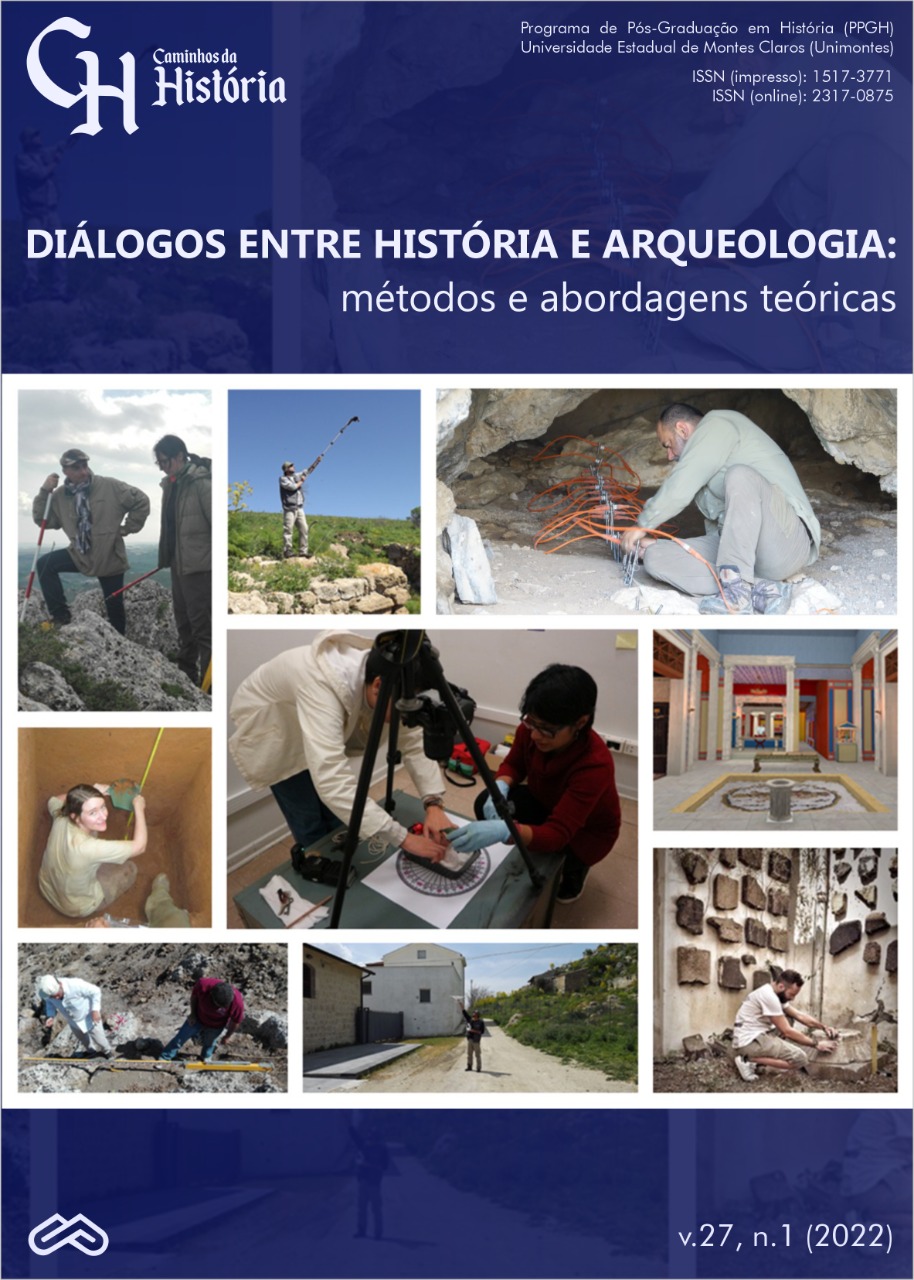“Administration of catechesis and civilization of the indians” in the province of Bahia (1836-1887): between civilization and land issue
“Administration of catechesis and civilization of the indians” in the province of bahia (1836-1887): between civilization and land issue
DOI:
10.46551/issn.2317-0875v27n1p.116-144Keywords:
Catechesis and Civilization, Indian villages, Indigenous resistance, Indigenous land, BahiaAbstract
In the perspective of the insertion of the indigenous in society, this article investigates the administration of catechesis and civilization of Indians in the province of Bahia (1836-1887), based on the guidelines and application of Provincial Decree No. 32 of 1836 and Imperial Decree No. 426 of 1845. Through a historical-descriptive approach, based mainly on primary sources – manuscript documents (letters, reports, correspondence) from the Public Archives of the State of Bahia (APEB) and edited documents (laws and reports) – as well as a select bibliography, seeks to confront and dialogue mainly the archival documentation of the various authors involved directly or indirectly in the process of catechesis and civilization of the Indians. The following results were evident: the Regulation of 1836 had little applicability since it did not give useful guidelines and had insufficient catechesis agents; Indians' Regulation of catechesis and civilization of 1845 had a partial application for lack of economic resources, and part of its anachronistic orientations concerning the reality of the old villages and towns of the Indians and discredited by the public authorities towards this type of public service; the Regulation of 1845 did not promote the foundation of new settlements, and the appointment of local directors for the old settlements further aggravated the conflicts over land ownership and contributed to the process of usurpation of the Indians' lands.
Downloads
References
BRASILEIRO, Sheila. Povo indígena Kiriri: emergência étnica, conquista territorial e faccionalismo. In OLIVEIRA, João Pacheco de (org). A viagem de volta: etnicidade, política e reelaboração cultural no Nordeste indígena. Rio de Janeiro: Contra Capa, 1999, p. 73-74.
CAVALCANTE, Thiago Leandro Vieira. (2016), “Terra indígena: aspectos históricos da construção e aplicação de um conceito jurídico”. História, 36 (75): 1-22. Disponível em http://www.scielo.br/scielo.php?script=sci_arttext&pid=S0101-90742016000100501&lng=pt&tlng=pt, consultado em 16/03/2021.
CUNHA, Manuela Carneiro da (Org.). Legislação Indigenista do século XIX: uma compilação: 1808-1889. São Paulo: EDUSP Comissão Pró Índio de São Paulo, 1992.
CUNHA, Manuela Carneiro da. Política indigenista no século XIX. In CUNHA, Manuela Carneiro da (Org.). História dos índios no Brasil. São Paulo: Companhia das Letas, 1992.
MARCIS, Teresinha. A integração dos Índios como súditos do Rei de Portugal: Uma análise do projeto, dos autores e da implementação na capitania de Ilhéus (1758-1822). 2013. Tese (Doutorado em História Social) – Programa de Pós-Graduação em História Social, Universidade Federal da Bahia, Salvador, 2013. Disponível em: https://repositorio.ufba.br/ri/bitstream/ri/13309/1/Tese%20Teresinha%20Marcis.pdf. Acesso em: 02 fev. 2021.
PARAÍSO, Maria Hilda Baqueiro. A guerra do Mucuri: conquista e dominação dos povos indígenas em nome do progresso e da civilização. In ALMEIDA, Luiz Sávio de. Índios no Nordeste: temas e problemas 2. Maceió: EDUFAL, 2000.
REGNI, Pietro Vittorino. Os capuchinhos na Bahia. Vol. 2. Salvador: Gráfica Editora Pallotti, 1988.
RIBEIRO, Edilmar Cardoso. Os índios de Pedra Branca-Bahia (1825-1889): uma história de conflitos e resistência em defesa da terra indígena. Cadernos de História, v.21, n. 35, p. 136-171, 2020. Disponível em: http://periodicos.pucminas.br/index.php/cadernoshistoria/article/view/23383/17528. Acesso em: 05 fev. 2021.
SOUZA, Bernardo José de. Dicionário da Terra e da Gente do Brasil. 4ª edição. São Paulo: Companhia Editora Nacional, 1939b.
VIEIRA, Dilermando Ramos. História do catolicismo no Brasil (1500-1889). Volume 1. Aparecida-SP: Santuário, 2016.




















